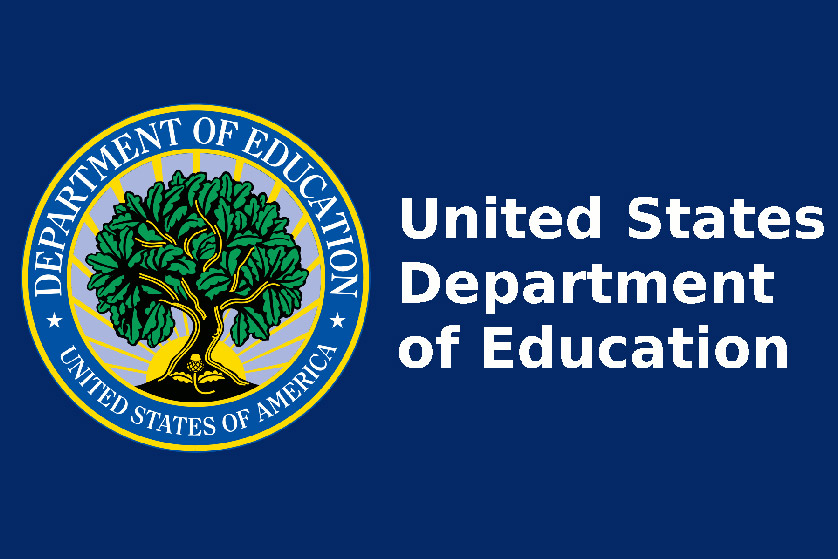Faculty receive new grant to expand foreign language education offerings with a focus on STEAM
The work will enhance current curriculum offerings in Chinese and Spanish and create a new course in Italian
Zhong Chen, Elisabetta D’Amanda, and Sara Armengot received a grant from the U.S. Department of Education to fund the development of new instructional materials that will better meet student interest in advanced-level language education.
When considering foreign language education resources, much of the current materials available are focused on building vocabulary and language proficiency. For students at an advanced level who are interested in engaging with language for specialized purposes, particularly in the fields of science, technology, the arts, and mathematics (STEAM), there aren’t as many authentic learning materials available.
To help fill this gap in material resources, faculty in RIT’s Department of Modern Languages and Cultures received an International Research and Studies grant from the U.S. Department of Education to fund the development of new materials and curricula for Chinese, Italian, and Spanish courses that focus on STEAM. Associate Professor Zhong Chen, Principal Lecturer Elisabetta D’Amanda, and Department Chair Sara Armengot will spend the next three years developing, testing, and implementing the new materials in the classroom.
“Our degree program is called applied modern language and culture, meaning that it is not a traditional language degree, but an effort for us to integrate language into students’ own fields,” said Chen. “Much of the materials currently being used in our Chinese for Science and Technology course, for example, focuses on a lot of scientific terms and basic knowledge. But students are seeking a course to help them better understand authentic materials in the news, blogs, and advertisements, not just to learn basic scientific terms.”
Throughout the course of the grant project, the team aims to develop a variety of instructional materials, including new textbooks, classroom exercises, videos, and other supplementary materials for instruction that address this need. The focus will be on developing materials for two existing courses, Chinese for Science and Technology and Spanish for Science and Technology, and developing curricula and materials for a new course called Italian for Arts and Design.
“I have countless students, particularly from the College of Art and Design, that are interested in Italy as this patrimony of Western art and they want to know more about it,” said D’Amanda. “I’ve found resources from Italy to satisfy their interest but, even though they are tailored for a foreign audience, it was tailored for the foreign people living in Italy versus someone that is studying from far away. We hope this work can help fulfill that need, as well as other student needs and interests in foreign languages.”
The course materials and curricula developed will be targeted toward a third-year advanced language proficiency level, and the courses themselves will be open to all students, not just applied modern language and culture students. Additionally, the group plans to eventually make the content available for free online to be used by foreign language scholars across the country.
In the grant proposal, the team wrote that the goal of developing these new resources is to better engage students with language learning and encourage more students to seek international experience and advanced-level proficiency with these commonly taught languages.
“I hope more students will be inspired to take on internships, co-ops, or other experiential learning opportunities where they can continue to further connect through languages other than English, both in the United States, which is a very multilingual country, and outside the United States, where our career Services Center has many opportunities for students,” said Armengot.
To accomplish the grant work, Chen, D’Amanda, and Armengot will work with consultants within the university—including Vignelli Center Director Josh Owen and Associate Professor Patricia Iglesias Victoria—as well as two consultants from community colleges within the City University of New York, Associate Professor Chun-Yi Peng and Professor Eugenia Paulicelli.
This work builds off of previous grants received by Armengot (Interdisciplinary Entrepreneurship Curriculum for Applied Modern Language and Culture, 2022-2024) and Professor Hiroko Yamashita (Integration of language and technology: Double major with Applied Language and Culture, 2015-2017), which widened the breadth and depth of foreign language offerings at RIT.
To learn more about foreign language education at RIT, go to the Department of Modern Languages and Cultures webpage.
